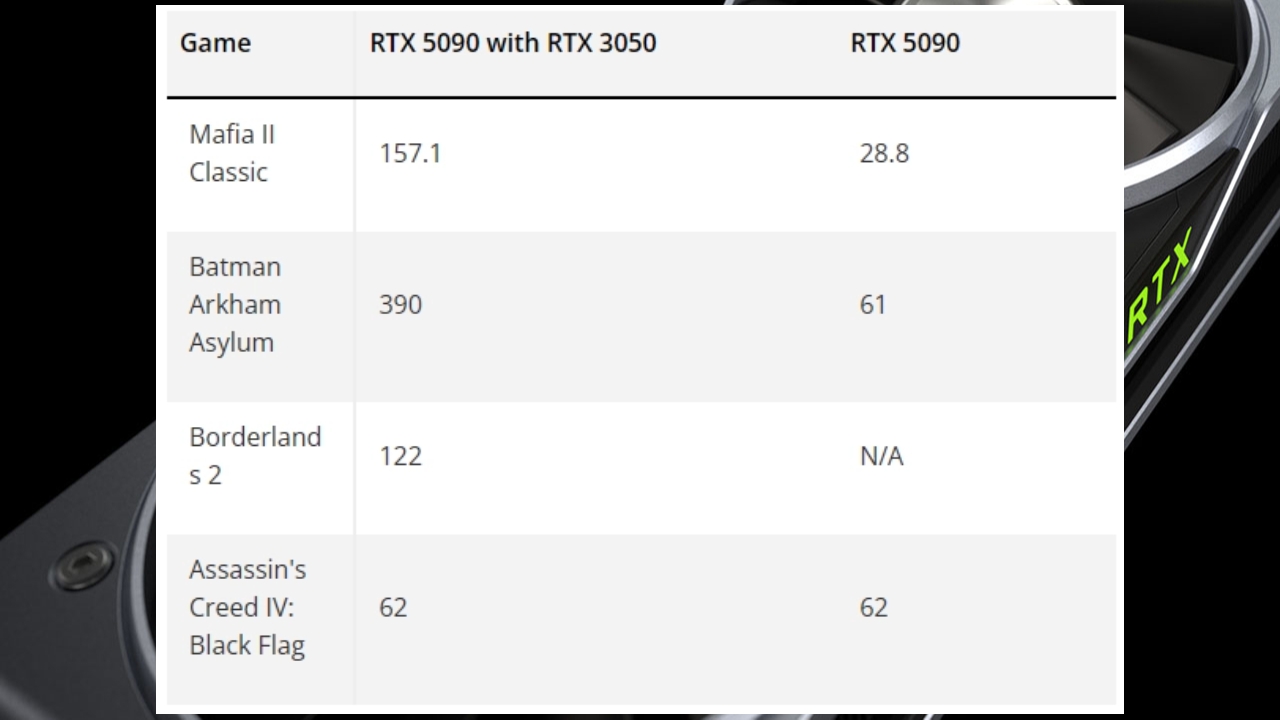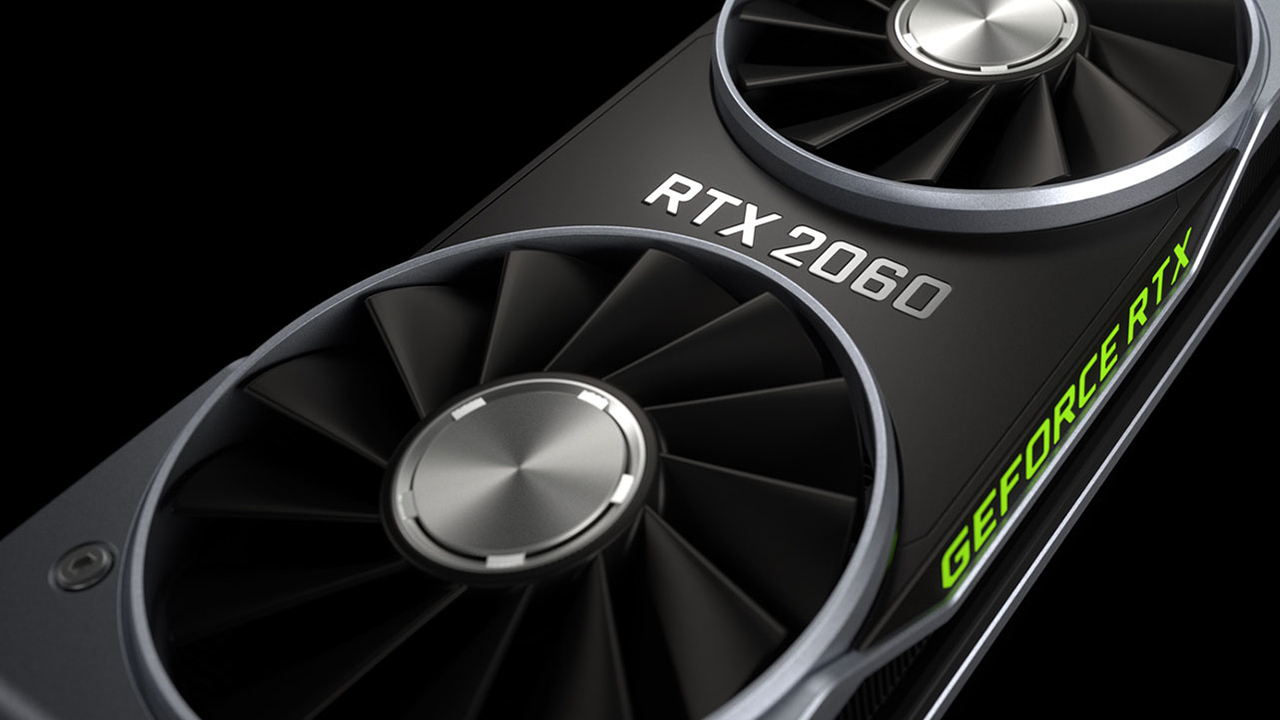Nvidia has officially ended support for 32-bit CUDA applications on its RTX 50 series (Blackwell) GPUs. This decision significantly impacts users who play older PhysX games, as many of these titles rely on 32-bit CUDA libraries. Recent tests have shown that older GPUs like the GTX 980 Ti perform significantly better than the RTX 5090 in certain 32-bit PhysX games. But what does this mean?
Nvidia Drops 32-Bit CUDA Support on RTX 50 Series: Old GPUs Are Gaining Value
While PhysX technology still works in 64-bit applications, support for older 32-bit PhysX games has been completely removed on the RTX 50 series. As a workaround, some users are experimenting with using an older Nvidia card, like the RTX 3050, alongside an RTX 5090 to offload PhysX calculations to the older GPU.

Testing has revealed surprising results: in classic games like Mirror’s Edge and Borderlands 2, the GTX 980 Ti delivers significantly higher performance than the RTX 5080. For instance, in Mirror’s Edge, the RTX 5080’s frame rate dropped as low as 10 FPS, while the GTX 980 Ti maintained around 150 FPS.
Could Demand for Old GPUs Rise Again?
Since Nvidia is unlikely to reinstate 32-bit CUDA support, gamers who play older PhysX titles may need to turn to older GPUs like the GTX 900 series or even some RTX 3000 models. This decision could drive up demand for aging graphics cards.
Do you think Nvidia made the right call by ending 32-bit support? Would you consider using an older GPU for legacy games? Share your thoughts in the comments!














